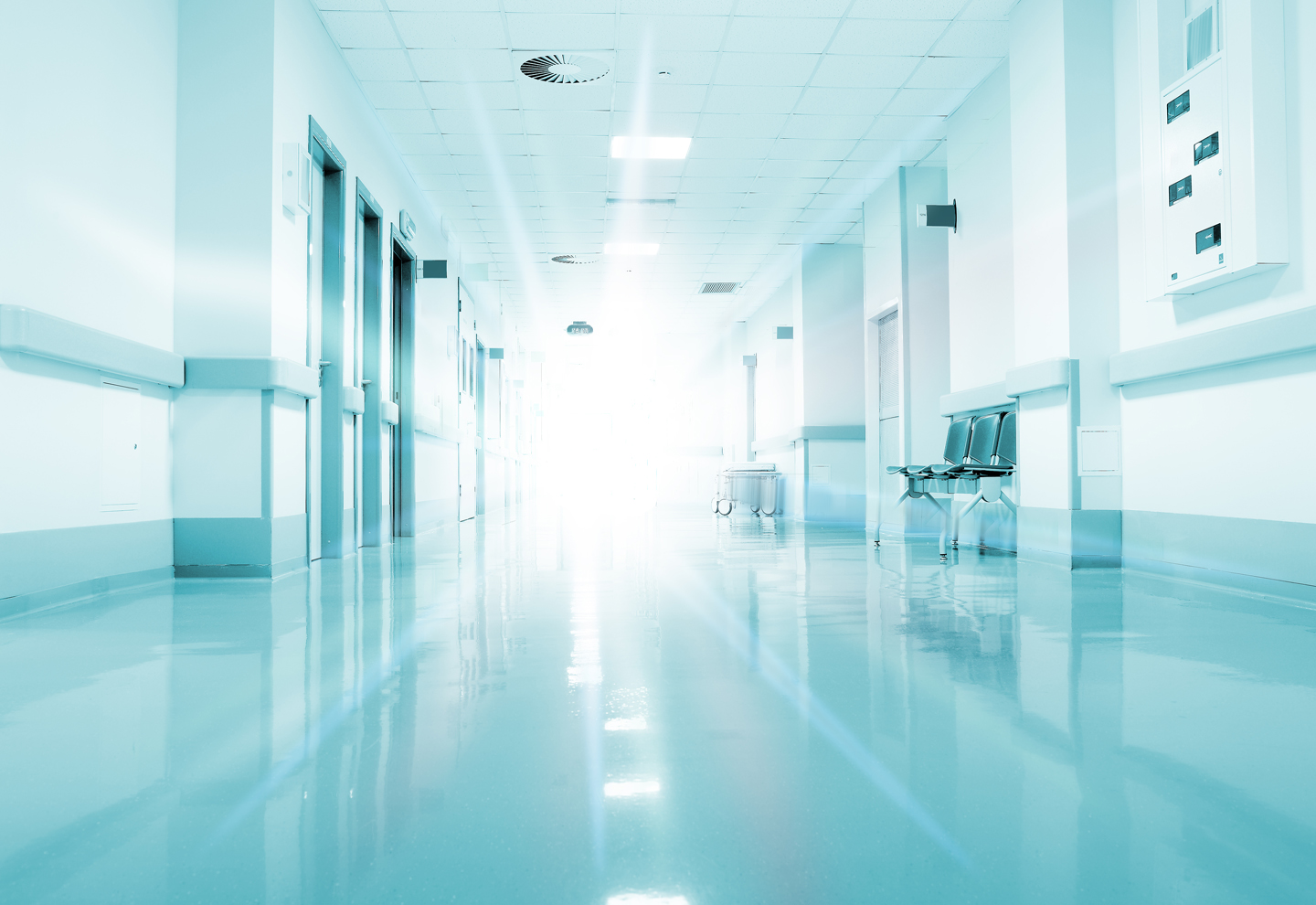
Medical UPS systems compliance.
Uninterrupted power supply (UPS) systems play a critical role in healthcare facilities, where power outages can have life-threatening consequences. To comply with stringent medical standards, such as VDE 0100 and ÖVE/ÖNORM E 8007, medical-grade UPS systems must meet several key requirements to ensure the safety and reliability of power for sensitive medical equipment. Below are the main considerations for medical UPS systems:
1. Continuous Power for Critical Areas
Medical UPS systems are indispensable in environments where power continuity is non-negotiable, such as operating rooms, intensive care units (ICUs), and life-support systems. These UPS systems must provide uninterrupted power in case of an outage, ensuring that critical devices remain operational.
2. Seamless Emergency Power Transition
In the event of a power failure, medical UPS systems must seamlessly switch to backup power sources, such as generators or battery systems. The transition should occur without any disruption to the power supply, ensuring the safe operation of essential medical equipment.
3. Advanced Isolation and Monitoring
Medical environments require enhanced safety measures. UPS systems must support insulated IT power systems with built-in insulation monitoring to detect electrical faults. This helps prevent hazardous situations, particularly in sensitive areas where patient safety is paramount.
4. Protection from Electrical Surges
Surge and overvoltage protection is crucial for safeguarding medical equipment from unexpected power spikes. Medical UPS must includes robust surge protection mechanisms to prevent damage to life-saving devices and ensure operational reliability.
5. Compliance with Stringent Electrical Safety Standards
Medical UPS systems must adhere to strict safety standards that regulate insulation, grounding, and isolation to prevent electrical shock hazards. Compliance with standards like VDE 0100 and ÖVE/ÖNORM E 8007 ensures the highest levels of safety for both patients and healthcare providers.
6. Tailored System Design for Specific Needs
Each healthcare facility has unique power requirements, and medical UPS systems must be customized accordingly. Whether powering imaging machines, monitoring systems, or other critical devices, UPS systems should be designed to meet the specific needs of the facility, ensuring both reliability and efficiency.
7. Regular Maintenance and Testing for medical UPS systems.
To guarantee that medical UPS function properly during emergencies, regular maintenance and testing are mandatory. Routine checks ensure that the system is always ready to provide immediate backup power in the event of a grid failure.
Conclusion
Medical UPS is vital in ensuring the continuous operation of critical healthcare equipment. By complying with stringent standards and incorporating advanced features such as seamless power transition, insulation monitoring, and surge protection, these systems help maintain patient safety and support essential medical operations. Regular maintenance and proper system design are equally important in ensuring that UPS systems remain reliable and effective in healthcare environments.
Explore our comprehensive product list for reliable medical UPS tailored to healthcare needs
